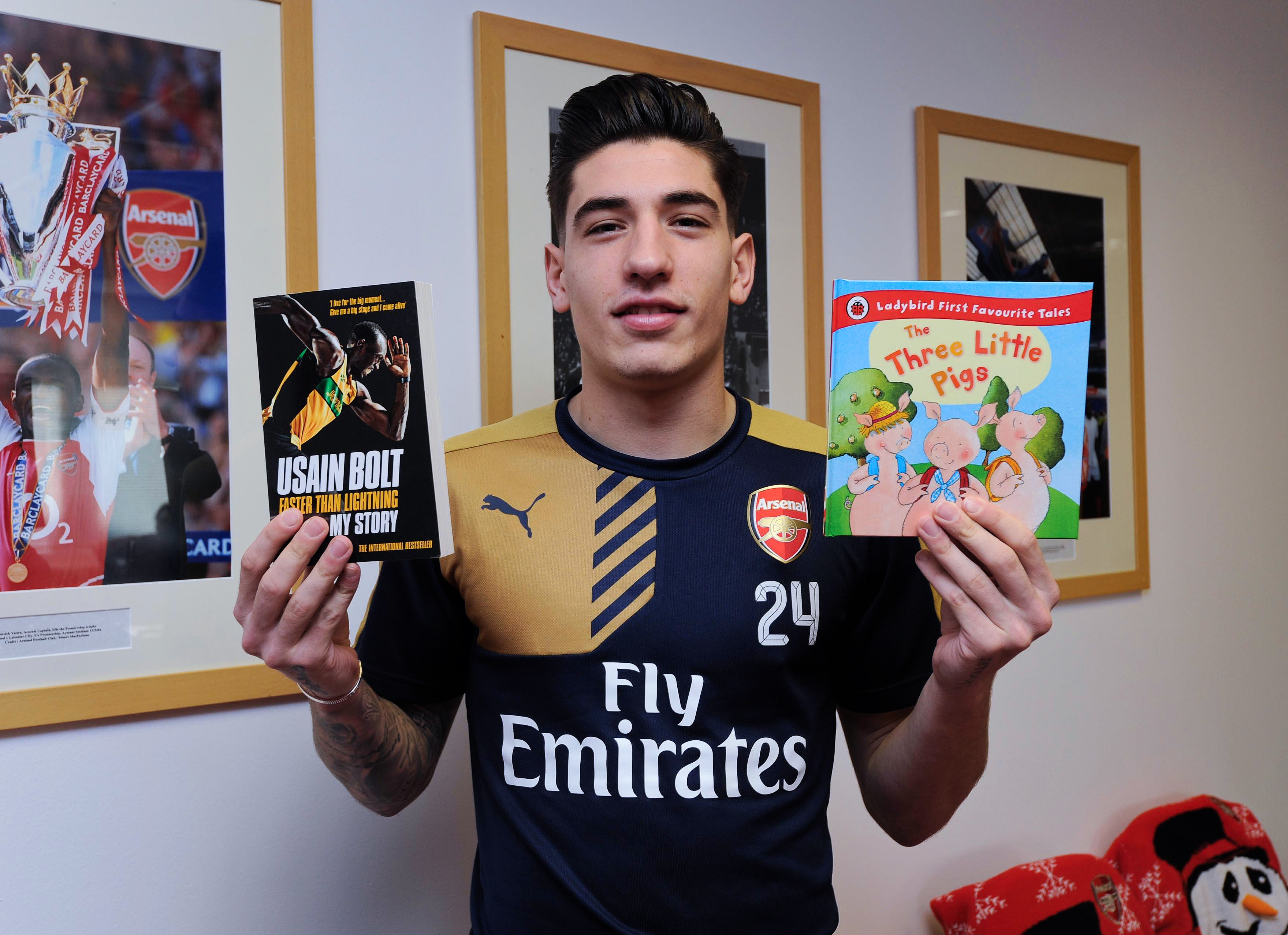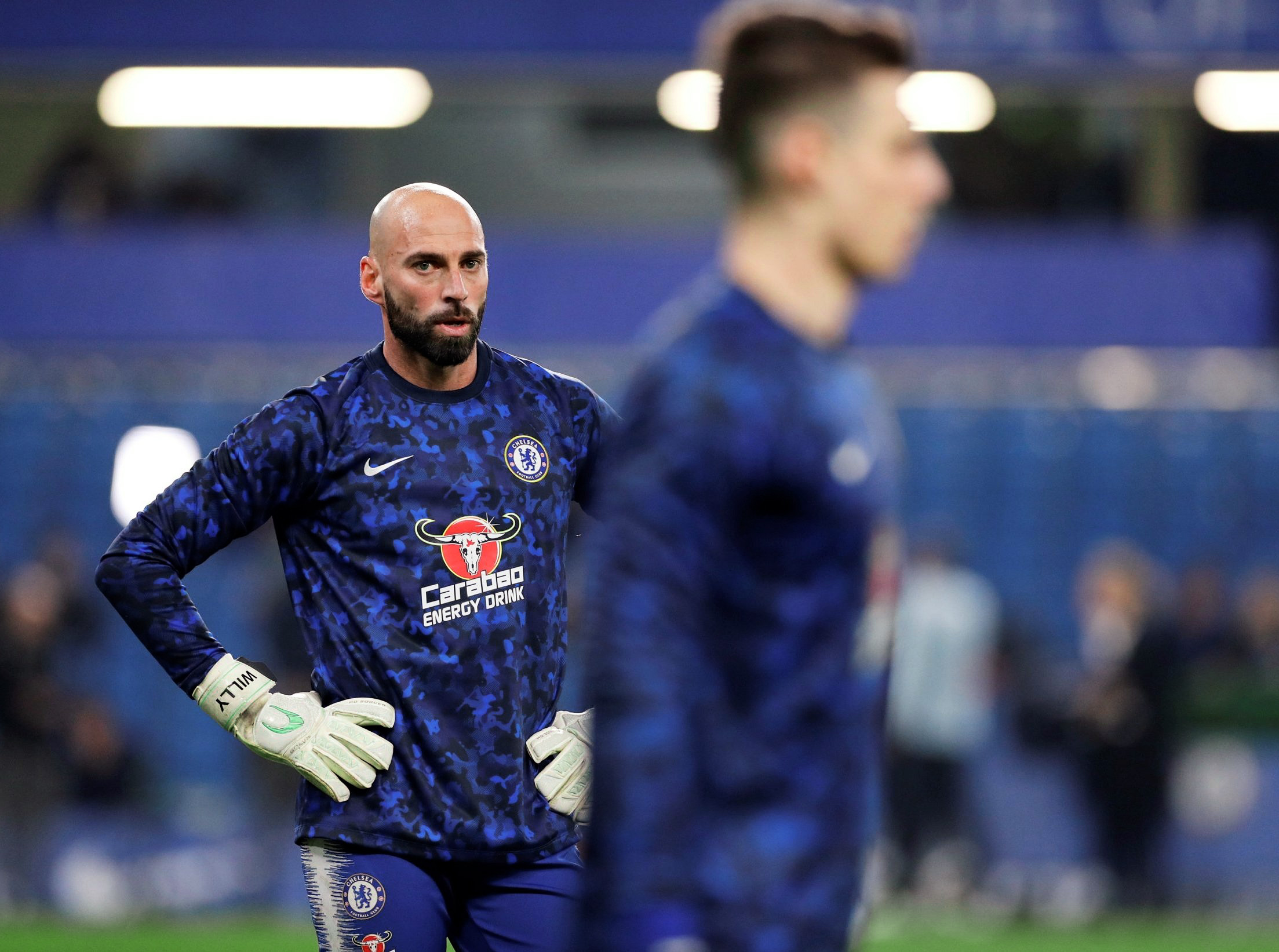
School and football haven’t always mixed. It is well-documented that some players, particularly in decades past, had to let their education fall by the wayside if they were going to make it as a footballer, given the time and dedication needed to excel in the sport.
When the 10,000-hour rule became popularised, it was easy to understand why. To get in 10,000 hours of practice before the age of 16 – taking four years of age as the starting point of purposeful practice – a professional footballer needs to be playing and training 16 hours a week. In other words, it’s a part-time job on top of full-time education.
It is, therefore, unsurprising that graduate footballers are in the minority. Sócrates was a Doctor of Medicine, a philosopher, and politically active; Oliver Bierhoff – between scoring a goal every other game for Germany – gained a degree in Economics, as did Arsène Wenger and Steve Coppell; and Frank Lampard left the prestigious Brentwood School with 11 GCSEs, including an A in Latin. Southampton, among others, have turned education into a pillar of their “Southampton Way”.
Graeme Le Saux, was symbolic of the prevailing attitude in the 1990s when his educated persona – reading the Guardian and taking an interest in art and antiques – led to him receiving vile homophobic abuse. Piers Morgan’s attempt to steer it away from homophobia just reinforced the attitude towards a footballer educating themselves: “Nobody cares if Le Saux is gay or not. It is the fact that he openly admits to reading the Guardian that makes him the most reviled man in football.”
Perhaps it is a problem in English football culture and not elsewhere. For example, Jonathan Wilson points out in his book on goalkeepers, The Outsider, that a “disproportionate number of goalkeepers seem articulate” and “so many intellectuals have been goalkeepers,” listing French absurdist philosopher Albert Camus, Pope John Paul II, and Vladimir Nabokov. Even then, it is goalkeepers, often portrayed as a breed of their own, that are afforded the privilege to be depicted as intellects.
There are others like Le Saux and Lampard, but they’re either few and far between, or an interest is just not shown in educated footballers and it is left unreported. These individuals should be commended for their achievements off the pitch, held as roles models to the aspiring youngsters, and written about in the media. They are in a position – if they’re allowed to be – to stress the importance of education to a youngster.

One such example of the good work that can be done is the Premier League Reading Stars scheme, part of the Premier League Primary Schools Programme (PLPSP), which has been running since 2003.
In the 2012/13 season it celebrated its tenth anniversary, and Theo Walcott, Mark Schwarzer and Joey Barton were three of the 20 Premier League footballers involved with the project. It aims to promote reading among children and families, and since it started, 11 Premier League footballers have acted as their club’s Reading Star. As part of their duty, they nominate their favourite book – children’s and adult – composing a 20-to-40-book shortlist for their local area, which is then supplied, free of cost, to their adopted local library.
The scheme, run in partnership with the Football Foundation, the Premier League and the National Literacy Trust, has the objectives of bringing literacy into the home, supporting the acquisition of literacy skills and using it as a lever for social mobility and social justice.
In its decennary, it aimed to increase its reach by 30,000 young people across the UK by means of a podcast – a then innovative and an embryonic form of media. The podcasts, each five minutes long, see Premier League footballers read segments of their favourite books, and an interactive quiz follows, engaging the children with their heroes through the means of literacy.
It is a project well worth the investment, and in its first ten years, over 16,000 children and parents had participated. Achieving such credible success, the scheme expanded into the Premier League Primary School Programme, which provides teaching materials to cover English, Maths and PE, providing free “activity ideas, worksheets, lesson plans, fun assemblies and exclusive videos”.
Its website states that their “learning is connected to the real world of sport to enthuse pupils when tackling challenging PSHE topics such as resilience, diversity, self-esteem and fair-play.” The scheme provides the infrastructure for professional football club staff to work with teachers to “deliver fun, educational sessions in a range of subjects within local partner schools.”
The PLPSP have run competitions ranging from national football tournaments to creative writing and reading challenges for reluctant readers. A recent competition was the Premier League Writing Stars – a poetry competition where pupils were required to write poems on the theme of resilience.

Read | The strange existence of modern football’s back-up goalkeeper
Back in 2012, among the wide range of books chosen for their Reading Stars programme, varying from Meg and Mog to The Da Vinci Code, from Operation Mincemeat to The Cat in the Hat, picked by Chris Smalling and Owen Hargreaves, were some titles and authors that cropped up more than others. Roald Dahl occurred seven times, picked by Tim Cahill and John O’Shea, and JK Rowling saw three of her Harry Potter titles listed. Amusingly, Theo Walcott chose one of the series’ books as his adult pick.
In a clever, somewhat grandiose, move, Walcott and Schwarzer found some common ground: they both grasped the opportunity for some self-promotion. Whilst Harry Potter and The Philosopher’s Stone was the chosen bedtime reading for Walcott, he recommended his own book, TJ and the Hat-trick, for the younger audience. Similarly, Schwarzer tipped Megs and the Vootball Kids in their directions, co-written by the Australian goalkeeper, and chose Destined to Live penned by Ruth Greuner for the adults.
Joey Barton, often credited as an avid reader of philosophy due to the insightful tweets he occasionally offers, didn’t choose a predictable Wittgenstein, Plato or Nietzsche book as his favourite adult material, instead plumping for Dracula, authored by Bram Stoker. However, never fear, our favourite well-read Scouser still holds Animal Farm author George Orwell close to his heart, tweeting “hopefully [the F.A.] stop trying to be an Orwellian organisation and get to grips with the change that’s happening in the world around them,” in response to what the then-QPR midfielder described as his “weekly warning letter from FA headquarters, on that occasion regarding tweeting about predicting the weekend’s Manchester double.”
The FA issued a reply to Barton’s tweets: “He can treat our correspondence as he wishes. We’re not going to give any legs to his thoughts. He’s entitled to have an opinion,” making it perfectly clear the FA remains an organisation swathed in double-standards and contradictions.
Fast-forward to the present day and the Premier League Primary Stars Programme has been a wonderful success. Nearly two-thirds of participating children say that seeing their heroes reading their favourite books has made them want to read more. Over half of the kids report visits to the library as a result of their participation, and the scheme has regularly recorded a 50 percent increase in the number of children regularly reading by the end of their involvement with the programme.
There has been a measurable result for the teachers to be enthused by too – 75 percent of pupils achieved a “significant” increase in their reading levels, enjoyment of, and confidence in reading.

Read | Sunderland ‘Til I Die and the neglected communities reliant on football as a means of escape
Some of the choices in recent years have proven there are many well-read players in the Premier League. Speaking of The Iliad, Chelsea goalkeeper Rob Green said: “Reading classics might seem daunting, but if you take your time, they really are interesting and you gain such a lot from trying them. You should never be scared of a book.”
One series of books chosen to form part of the Premier League Primary Stars Programme has a particularly admirable ethos, which aims to utilise football’s appeal to children. The Football School series is co-authored by Alex Bellos, the ghostwriter of Pelé’s autobiography and author of Futebol: The Brazilian Way of Life, and Ben Lyttleton, a journalist, author, and football consultant.
Bellos said: “We want readers of Football School to develop a love of reading and a curiosity about the world – and we believe that football is an excellent way to encourage reluctant readers to pick up a book. When children read for pleasure, there are many benefits: a dramatic impact on educational outcomes, self-confidence, well-being, social mobility, improved vocabulary, and development of analytical and imaginative thinking.”
Football School have worked with a number of Premier League clubs – Arsenal, Brighton, Tottenham and Southampton – and for World Book Day 2018, Trent Alexander-Arnold and Emre Can represented them at an event held at Anfield for local primary schools.
Football School, like PLPSP, have worked alongside the National Literacy Trust, and now Bellos and Lyttleton’s project is partnering with the Guardian to launch a competition for seven to 12-year olds. Again, the same theme is at its core: “The aim is to make children excited at the prospect of reading and writing about their favourite sport.”
Marcus Christenson, the football editor of the Guardian, said: “We’re really excited to be teaming up with Football School for this competition and can’t wait to see the entries. We’re hoping it will be fun for all involved, giving the entrants a chance to write about a sport they really like. And, you never know, just maybe we’ll unearth one of the great sportswriters of the future.”
So if you’re a teacher, a football coach or a parent, you can find out more about the Premier League Primary Stars Programme and access plenty of free and fun educational and sporting resources here, and if you think one of your pupils or your child would enjoy entering the Guardian Young Sportswriter competition, you can do so at Football School.
By Jordan Florit @TheFalseLibero
